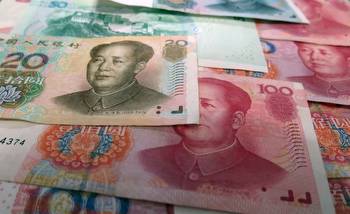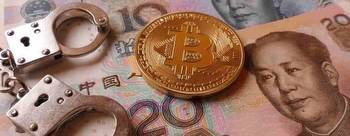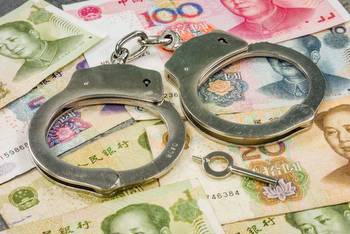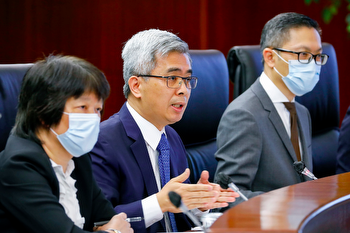Chinese govt. official: Gambling gangs use crypto to transfer funds abroad

China faces economic risk as illegal gambling operators move 1 trillion yuan in funds from the country, partially in crypto, says a government official.
3413 Total views
53 Total shares
Illegal gambling and casinos result in the outflow of over a trillion yuan annually (around $146.5 billion) from China, said Liao Jinrong, the director general of the International Cooperation Department under the Chinese Ministry of Public Security.
He said that the operators of the overseas gambling platforms and casinos collect the funds from gamblers using digital currencies, making the investigation into these activities more challenging for the authorities.
Speaking at an event in Beijing, Liao said that the illegal outflow of such a huge amount can erode the economic security of China. He added that if the “gangs” behind the casinos and crypto-based gambling would conspire with the “foreign powers” against the subcontinent, it would pose a financial security risk.
Liao further said that the inadequate supervision of suspicious transactions by payment service providers, third-party institutions, merchants and e-commerce platforms are the main cause for such unprecedented outflow of funds from China. Additionally Liao outlined that there is difficulty in tracing the flow of funds to overseas gambling platforms and casinos due to the collaboration between payment industry practitioners and criminal organizations.
Liao said that the government has already increased the cost of opening payment accounts at non-financial institutions, used more effective ways for the identification of unusual transactions and has made it mandatory for account holders to use real names. These measures, according to him, have helped China suppress the flow of funds to illegal gambling platforms and casinos overseas.
The statement comes only a month after the Chinese exchange regulator, the State Administration of Foreign Exchange, announced its plans to work on more stringent supervision policies to curb crimes such as “underground banks” and cross-border gambling.





































